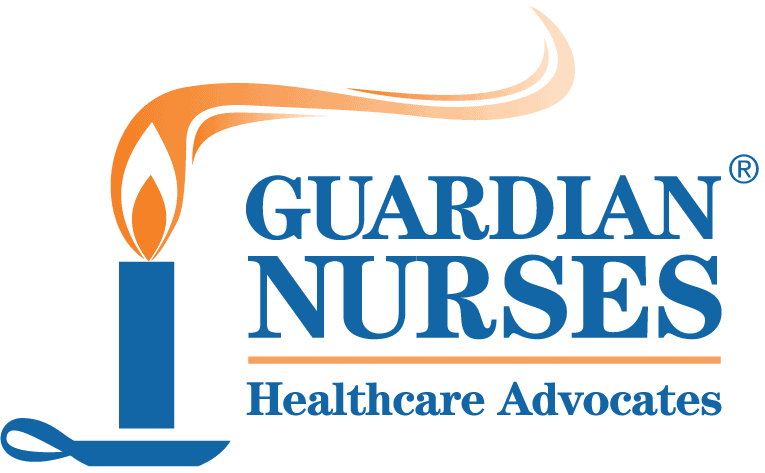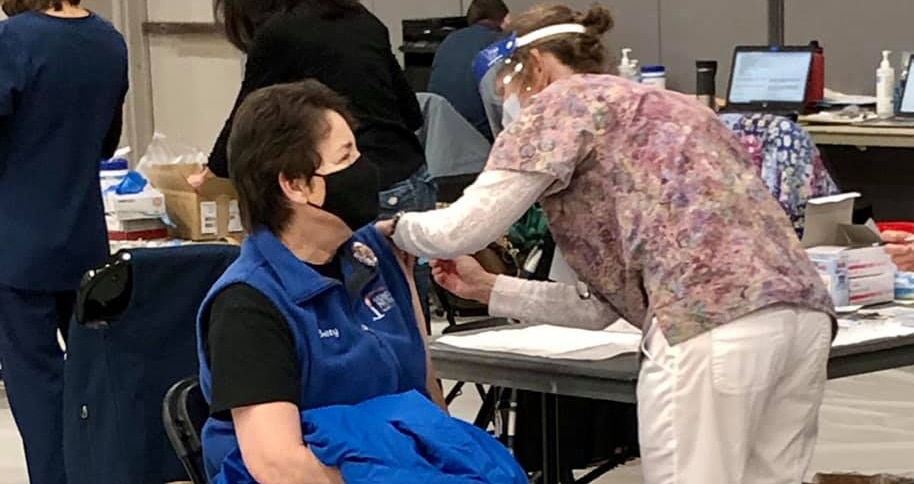In December, we published our first issue on the COVID19 vaccines entitled, “All I Want for Christmas is the Vaccine.” Two months later and well, many of you are still waiting for that vaccine. Last week, my sister said, “It reminds me of the days trying to log on to Southwest Airlines to get in the A-seating group.” Other friends have commented that it’s like trying to get concert tickets. Either way, it’s complicated. And frustrating. And especially frustrating for people who don’t have access to the internet.
So far, more than 43 million people in the U.S. have received the vaccine, but that leaves 214 million adults left to go. And if you’re one of those adults, your time is coming, but it may not come as fast as you’d like.
Still, questions persist about the vaccines and we’re sharing this issue of The Flame to continue to provide information about not just COVID19 but about the vaccines.
If you are able, remember to hug someone tonight. Just because it’s almost Valentine’s Day…
Much attention has been given to the two vaccines that, since December, have been given to eligible recipients in the DCD’s 1A grouping. Reports from our friends in healthcare have all been positive and most, if not all, have expressed ‘relief,’ ‘hopefulness,’ and ‘optimism.’ While there are still many people who do not share these feelings, and who are mistrusting of the vaccines, we hope that as time produces more data, they will decide to get vaccinated.
It is still very early in the vaccination effort in the U.S. and each day produces lots of news about the work being done to stop the COVID pandemic. Much of the national and local news report people’s frustration about mind-numbing bureaucracy, particularly around the distribution of the vaccine and the phases that the CDC has created. Some states are in 1A, some are already in 1B and some aren’t sure.
This information is intended to help you understand a little more about the vaccine and its administration.
What you should know prior to getting your vaccine:
- The vaccine is given with a needle in the upper arm, so wear clothing that allows your upper arm to be easily exposed, like a short-sleeve or sleeveless shirt.
- Eat your normal meal or a snack (depending on the time of day) and drink PLENTY of liquids before heading to get your vaccine.
- For maximum immunity, the current COVID-19 vaccine requires two doses. At your appointment for the first dose, you will need to make the appointment to receive your second dose in 3 or 4 weeks. So, you may want to bring your calendar with you or check your availability beforehand, so you are able to find a convenient time within the recommended time frame.
- Allergic reactions are possible with any vaccine, though they are rare. However, for your safety, you will be asked to remain in a designated, socially distanced waiting area for about 15 minutes for monitoring. Most folks leave after 15 minutes without having any symptoms.
- If you’ve had a prior allergic reaction to an injectable medicine or vaccine or any of the ingredients in the vaccine, you may be asked to wait 30 minutes.
- If you are on medications that suppress your immune system, drugs like Remicade or Humira, give a call to your healthcare provider and check to see that the timing of getting those medications doesn’t interfere with your getting the vaccination.
- Mask wearing, as well as other safety protocols, will likely be in place at all facilities providing the vaccine.
Other Questions
- Does the vaccine mean that other measures can be relaxed? The fight against this virus is far from over. And the vaccine, while offering hope and optimism, is not the immediate ‘cure-all’ that we’d like to have. It will take many months before a large portion of our population is able to be vaccinated. Most importantly, when you get your vaccine, we don’t know yet whether you can still be a carrier of COVID19 and transmit it unknowingly to someone else after being vaccinated. Continue to follow your state and national safety guidelines–even after you’ve been vaccinated.
- Will the vaccine change my DNA? There is some noise about this but the answer is no. It typically takes a few weeks for the body to build immunity after vaccination. That means it’s possible a person could be infected with the COVID19 virus just before or just after vaccination and get sick. This is because the vaccine has not had enough time to provide protection.
- Does it matter which vaccine I get? At this point, patients don’t really have a choice between Moderna or Pfizer. It solely depends on what is available in your area. Both are 94-95% effective so take the shot! All of the benefits outweigh the risks.
- What about my kids? Can they get vaccinated? No COVID19 vaccine has been approved for children under 16. At least one trial including children age 12 to 18 is in progress, but it may be late 2021 or even 2022 before there is enough evidence to authorize giving a vaccine to children—especially under 12 years old.
- Are the vaccines approved for pregnant women? Typically, women who are pregnant or breastfeeding are excluded from vaccine trials, but since the vaccines have been approved, the CDC, the American College of Obstetrics and Gynecology, and the Society for Maternal-Fetal Medicine all agree that the new mRNA vaccines SHOULD be offered to pregnant and breastfeeding women. If you’re in doubt, check with your healthcare provider.
- I hear that people are getting sick after the vaccine. How can I prevent that? It’s true that people are having side effects (fever, chills, body and headaches) after the 2nd vaccine, but think of that as your body’s immune response working! That’s a good thing! These symptoms are typically short-lived (24-48 hours). The CDC suggests minimizing the fever and aches by taking acetaminophen and drinking plenty of water. If you’re worried, call your provider’s office.
- When will I be able to get the vaccine? The FDA typically leaves the logistics of vaccinations to individual states and local authorities. Hospitals, clinics, physician offices, and pharmacies will be getting the vaccines based on the contracts they’ve signed. The first group approved has been healthcare workers and nursing home residents. Check out this article to “Find Your Place in the Vaccine Line.”
If all of this makes you want to run to your bedroom, crawl under the covers and cry, think about sending us an email. We’ll try to help.

